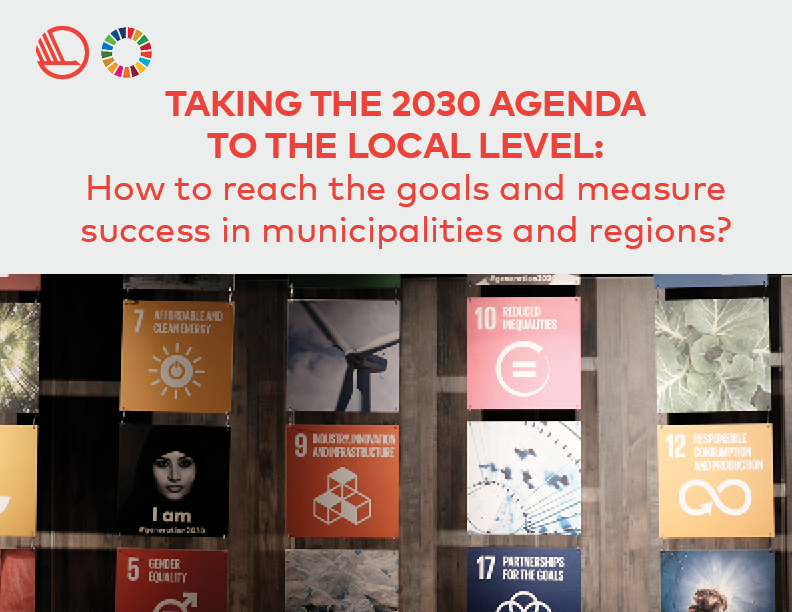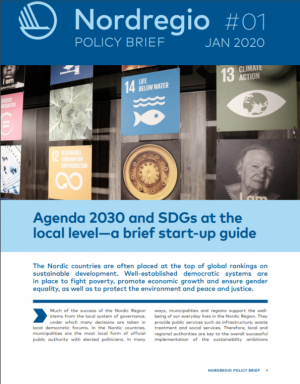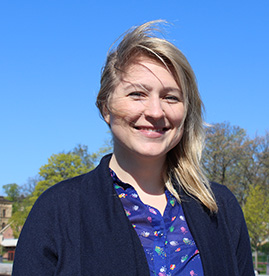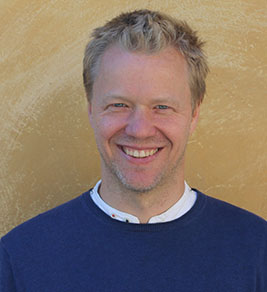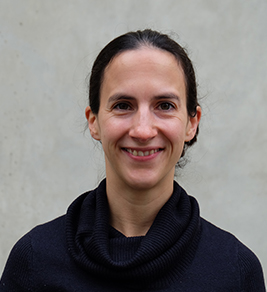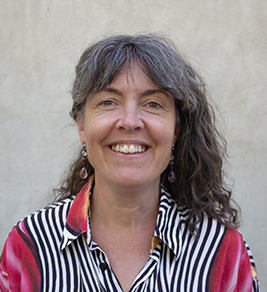| Welcome to a Nordic knowledge-exchange webinar series from December 2020 through February 2021. A series made for you, working with sustainability issues and SDGs in Nordic municipalities or regions. On behalf of the Nordic Council of Ministers, we invite you to six thematic sessions. Learn and share your experiences – good and bad – on implementing and monitoring select SDGs: from climate and gender to housing and procurement. |
| The Nordic countries are often placed at the top of global rankings when it comes to the 2030 Agenda and the Sustainable Development Goals (SDGs). Much of the success stems from the system of strong local governance in the Nordic Region. OECD estimates that two-thirds of the Sustainable Development Goals can only be achieved at the regional and local levels. Hence, you got the keys to the SDGs! |
FINAL WEBINAR COMING UP:
17 February: Monitoring and evaluation: How to measure progress in the work with the SDGs at the local level? (all goals)
Municipalities in the Nordic countries have become active drivers in implementing the 2030 Agenda. Their work is of great importance, as it is estimated that up to 65% of the goals cannot be reached without the involvement of local actors. Nonetheless, measuring progress in the work with the SDGs remains a challenge, since indicators and data are not always available at the local level. In this webinar, we will discuss current challenges, available solutions and ways forward with Óttar Freyr Gíslason (Icelandic Association of Local Authorities). The municipality of Kristiansund (NO) has developed its own set of indicators to measure progress with local sustainability policies. Arne Ingebrigtsen, Rådmann, at Kristiansund, will tell us about the process. In Sweden, local authorities can use the Kolada database to find local-level sustainability indicators and data. Maria Price, administrative director at Rådet för främjande av kommunala analyser, will present the database to us. Finally, we will discuss how municipalities can produce a Voluntary Local Review to report progress on their SDG work with Björn Grönholm from Turku (FI).
Past webinars & recordings
If you have missed the webinars or would like to rewatch the recordings, find them on our Youtube Channel.
- 2 December: Climate mitigation and adaptation: Examples of Nordic climate action (SDG13, SDG17)
We will discuss strategies to reduce emissions and share experiences about how to adapt cities, towns and villages to changing climate conditions. We will also talk about the challenges and opportunities that lie ahead. How can we replicate and scale up the most successful climate adaptation and mitigation solutions? A global example in this field is a small municipality Ii in Northern Finland and the mayor Ari Alatossava showcases their climate work. Pauliina Jalonen, Expert at the Association of Finnish municipalities shares their insights in working together and supporting municipalities at different stages. Astrid Ståledotter Landstad, Climate advisor from the Municipality of Oslo, presents their obstacles and achievements in reaching the climate targets in Oslo. - 9 December: Digital solutions to increase access to public services (SDG10)
Digital solutions are often mentioned as one strategy to e.g. increase access to health care practitioners, especially in rural and peripheral areas. Nonetheless, there are also challenges. For instance, the availability of digital infrastructure differs between urban and rural areas, which may slow down the development and use of digital tools. Nordregio’s Research Fellow Linda Randall introduces digitalisation state-of-art from a Nordic perspective. Terese Bengard, Director of Hela Sverige Ska Leva Association, dives deeper into the opportunities and challenges in rural Sweden. Andreas Lundqvist, Head of Unit at Glesbygdsmedicinskt centrum in Storuman, presents the health distance spanning solutions already in use in Sweden and what opportunities lie ahead. Kasper Dam Mikkelsen, Co-Founder and CTO of the Nabogo mobility app, talks about meeting the needs with a new online service solution in Denmark.
- 13 January: Planning for equal rights: integrating gender and youth perspectives in SDG work (SDG5, SDG 10)
The Nordics are global champions when it comes to gender equality and equal rights, but there are things that remain to be done: sexual harassment, gender-based violence, honour culture, segregated labour markets, gaps in income and health, youth not participating the decision-making process, and more. Meet three municipalities that are frontrunners when it comes to integrating gender and youth perspectives in their work – to achieve equality and reach the SDG targets: Lisbeth Iversen, project leader, Med hjerte för Arendal NO, Linda Gustafsson, Gender equality officer in Umeå SE, and Anna Elísabet Ólafsdóttir & Sigrún María Kristinsdóttir from Kópavogur IS. NIKK will also be there to share learnings from Nordic collaboration on gender and inclusion – and present the “Nordic Gender Fund”. A new call for funding opens in March 2021 for NGOs and municipalities from a minimum 3 Nordic countries per project. Finally, we will hear from Österbotten, FI on regional support to local work on gender. - 27 January: Sustainable consumption and production: procurements and public-private agreements for a green and just transition of markets (SDG12)
The Nordic populations enjoy high standards of living, but also stand out in global rankings as over-consumers of natural resources. In order to reach the SDGs in the Nordics, our production and consumption patterns must change. In this seminar, we will discuss how municipal authorities can contribute to this process – internally in their own organisation (through circular systems for resources and waste and sustainable procurement) and externally by cooperating with businesses, the educational sector, citizens and other stakeholders. We will discuss Nordic success stories and joint challenges in the work with SDG 12 with Helena Uesson, project manager at Sustainordic – a network that promotes sustainable consumption and production across the Nordic Region. We will also hear from Micke Larsson, Secretary-General of Bärkraft from Åland – a network that brings together Åland’s municipalities and other actors to achieve a wide impact in promoting more sustainable and conscious consumption and production patterns. Anna-Karin Poussart from Lund (SE) and will share experiences in achieving more sustainable consumption patterns through municipal activities. Finally, we will discuss how municipalities can support the move towards more sustainable production through public procurement with Kristin Prøven from Øyer commune (NO) and Karin Peedu, procurement strategist at Sveriges Kommuner och Regioner (SKR).
- 10 February: Planning for sustainable housing and green cities: can physical structures change our behaviours? (SDG11)
Cities provide plentiful economic and social opportunities, but they also have large environmental footprints. A central question for the success of the 2030Agenda is hence how we can create more sustainable cities. People are the key in this process. Only if residents in cities can be supported to change their behaviour can sustainability goals be achieved. In this seminar, we will discuss how to design built environments that successfully encourage people to change habits and behave in a more sustainable way. This includes initiatives to minimize car use, to consume less energy and water, and to reduce waste. During the webinar, we will discuss trends and challenges in planning for green cities with the Norwegian Association of Local and Regional Authorities.Saara Vauramo Programme director from the European green capital Lahti in Finland, will share inspiring stories on how the city improved water quality and waste management and cut the environmental footprint in the construction sector. We will also discuss how to change mobility patterns and reduce car use in cities with Morten Skou Nicolaisen, Program leader for green mobility from Århus, and Associate Professor Helge Hillnhütter from the Norwegian University of Science and Technology.
Background
| In 2018, Nordregio started mapping Nordic municipalities and looking for frontrunners in Agenda 2030 implementation, commissioned by the Nordic Council of Ministers. 27 municipalities were identified and their actions described in the report Global goals for local priorities: The 2030 Agenda at local level . A year later, Nordregio hosted a knowledge-sharing event for municipalities and regions. Based on that, we wrote a Policy Brief: Agenda 2030 and SDGs at the local level – a brief start-up guide (below). This webinar series builds on Nordregio’s previous work and meets the request from Nordic municipalities to hold annual events on Agenda 2030 measures and monitoring. |
Agenda 2030 and SDGs at the local level – a brief start-up guide This Policy brief provides a synthesis of findings and discussions from the seminar held in 2019 for the municipalities, regions and experts in the Nordic Region. This Policy Brief still functions as a good guide book.
Agenda 2030 and SDGs at the local level – a brief start-up guide .

